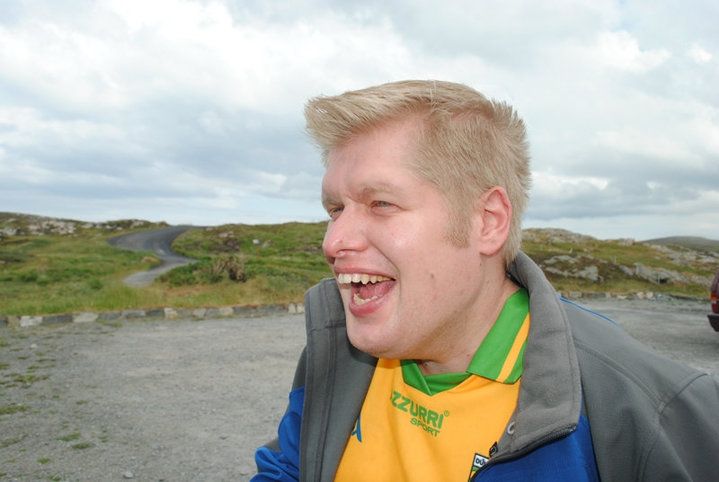I never really know how to answer this question. Oh it should be simple, right? If you asked about one of my other kids and their families, that is easy. I give the global answer of, they are doing great, and then add in a few details depending on who is asking and how much they might want to know about the people, such as they love their house, the kids are now playing baseball, getting good grades in school, etc, etc.
However with Nick, it’s different. Typically if someone is asking about Nick, I feel that it is from a point of real concern for what he has been going through and interest in his general well being. If he has not woken up yet, I don’t know how he is doing. And even then, if he is already awake, his condition can change from hour to hour during the day. How he is doing is much more of an immediate thing instead of a generic answer of “he is doing good.” Epilepsy is a progressive disease and overall Nick is not doing good. His capacity to do things is diminished somewhat because of the years of seizures and mostly because of the impact and side effects of the various seizure medicines that he is on. It is a delicate balance that we try to achieve. Enough of the medications in combination to achieve the lowest number of seizures while having the lowest blood levels of the meds in order to increase his quality of life. It is a nerve-wracking dance.
And so my answer to the question is usually, “He’s happy.” Which is not always a satisfactory answer to their query, but it is the most honest one that I can give. Throughout everything, Nick is happy.
What do you think? How do you answer the questions from others?
If you know someone who would benefit from this blog or the book when it comes out, please share this with them.


